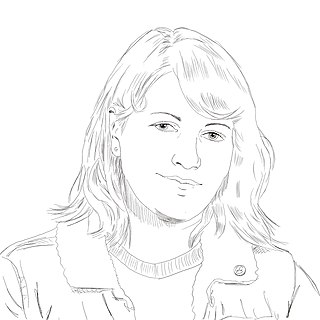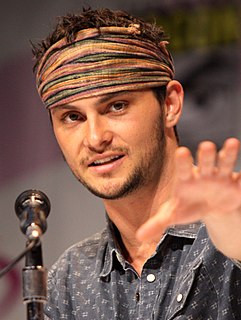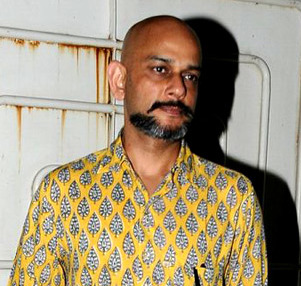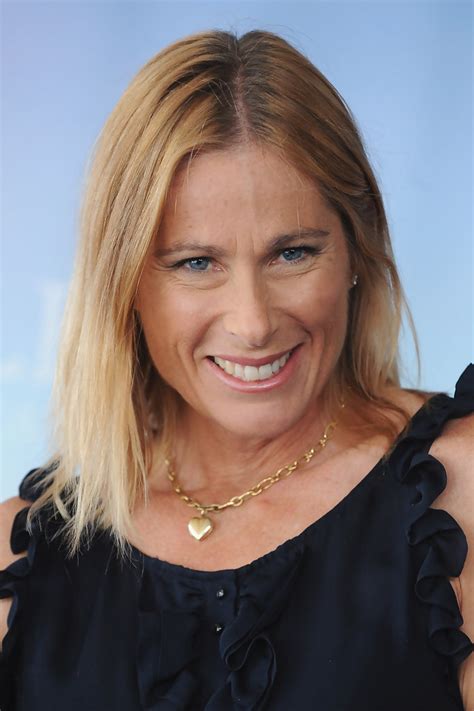A Quote by Werner Herzog
Related Quotes
With filmmaking, I for so long was like, oh, I need permission to go out and be a director and be a filmmaker. And I read Robert Rodriguez's 'Rebel Without a Crew.' He just went out and did it, man. In his book, he even says just put your name on a business card and say you're a filmmaker. Congratulations, you're a filmmaker.
It has a lot to do with just sort of trust in the relationship that builds between the filmmaker and the subject. There are some people who will never be relaxed in front of a camera, and in some ways that's my failing as a filmmaker to not put them at ease. It's also a function of time, and if you have that type of time.
We've been fighting our whole lives to say we're just human beings like everyone else. When we start separating ourselves in our work, that doesn't help the cause. I've heard it for years: 'How do you feel being a black filmmaker?' I'm not a black filmmaker, I'm a filmmaker. I'm a black man, I have black children. But I'm just a filmmaker.




































